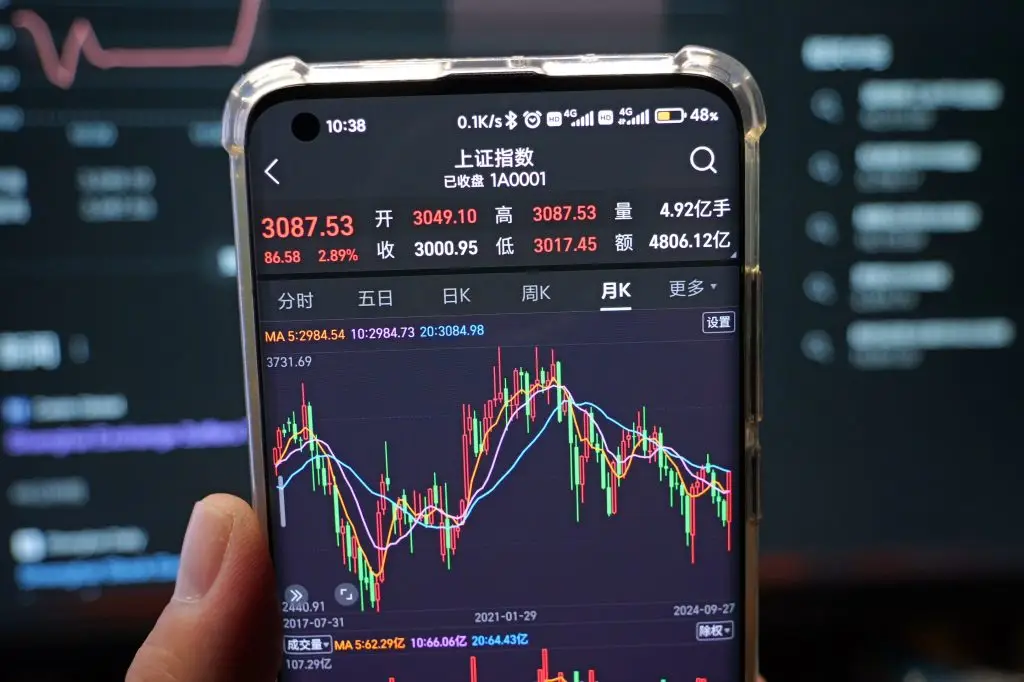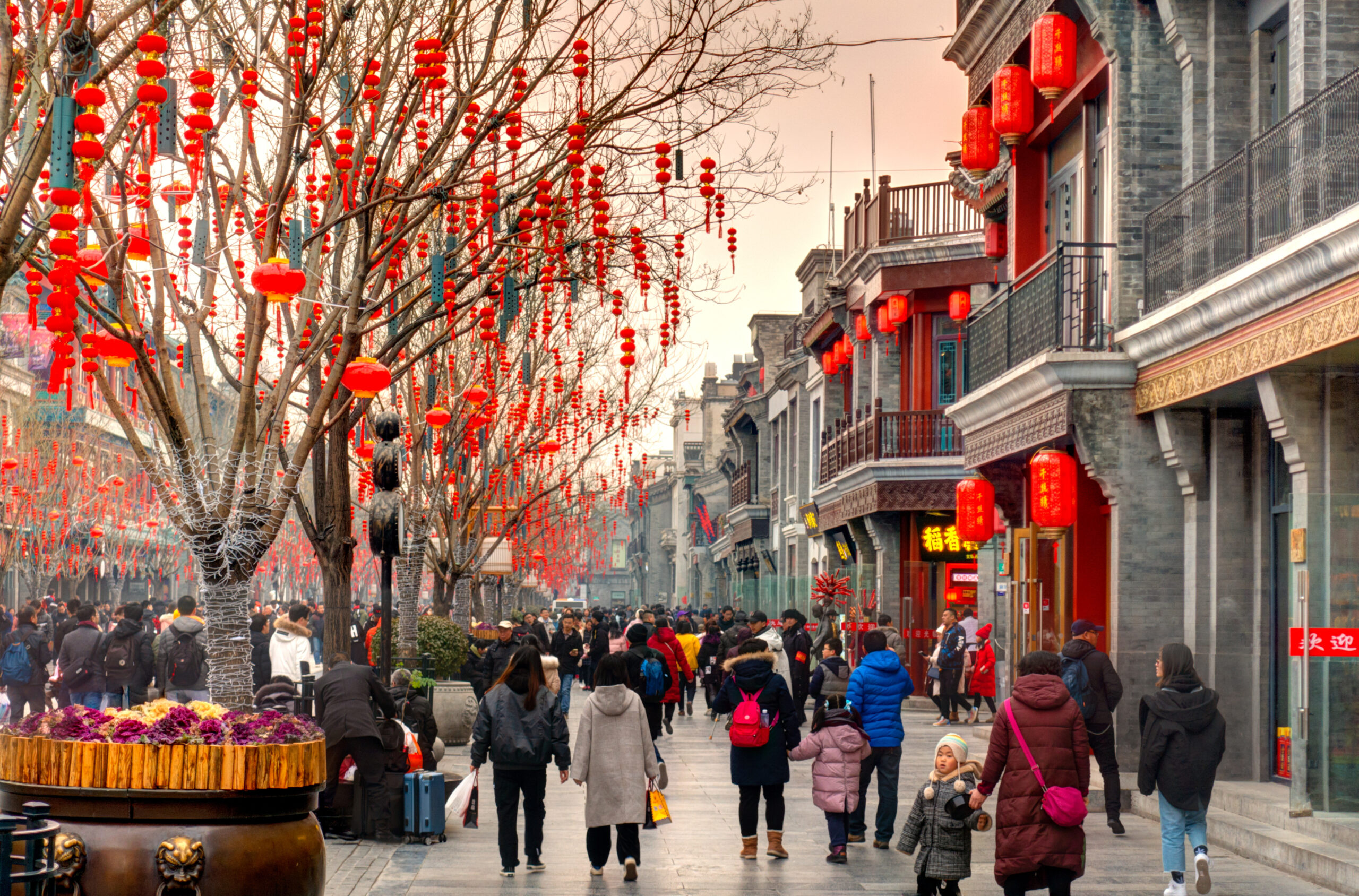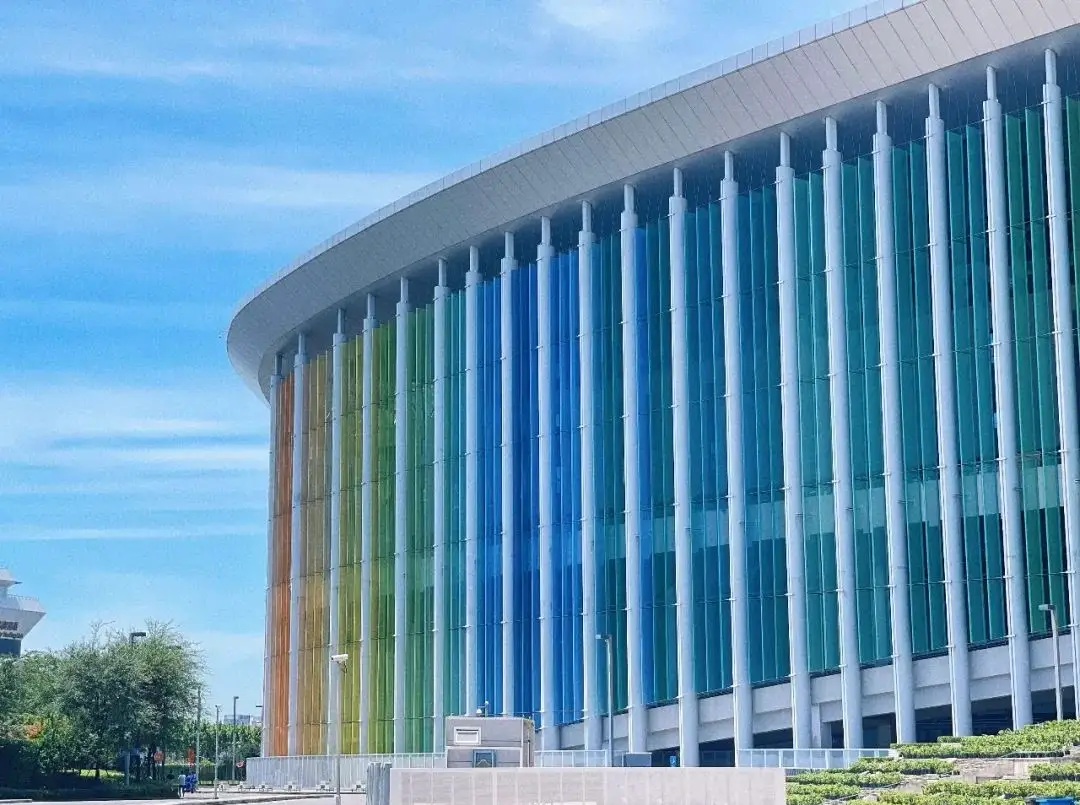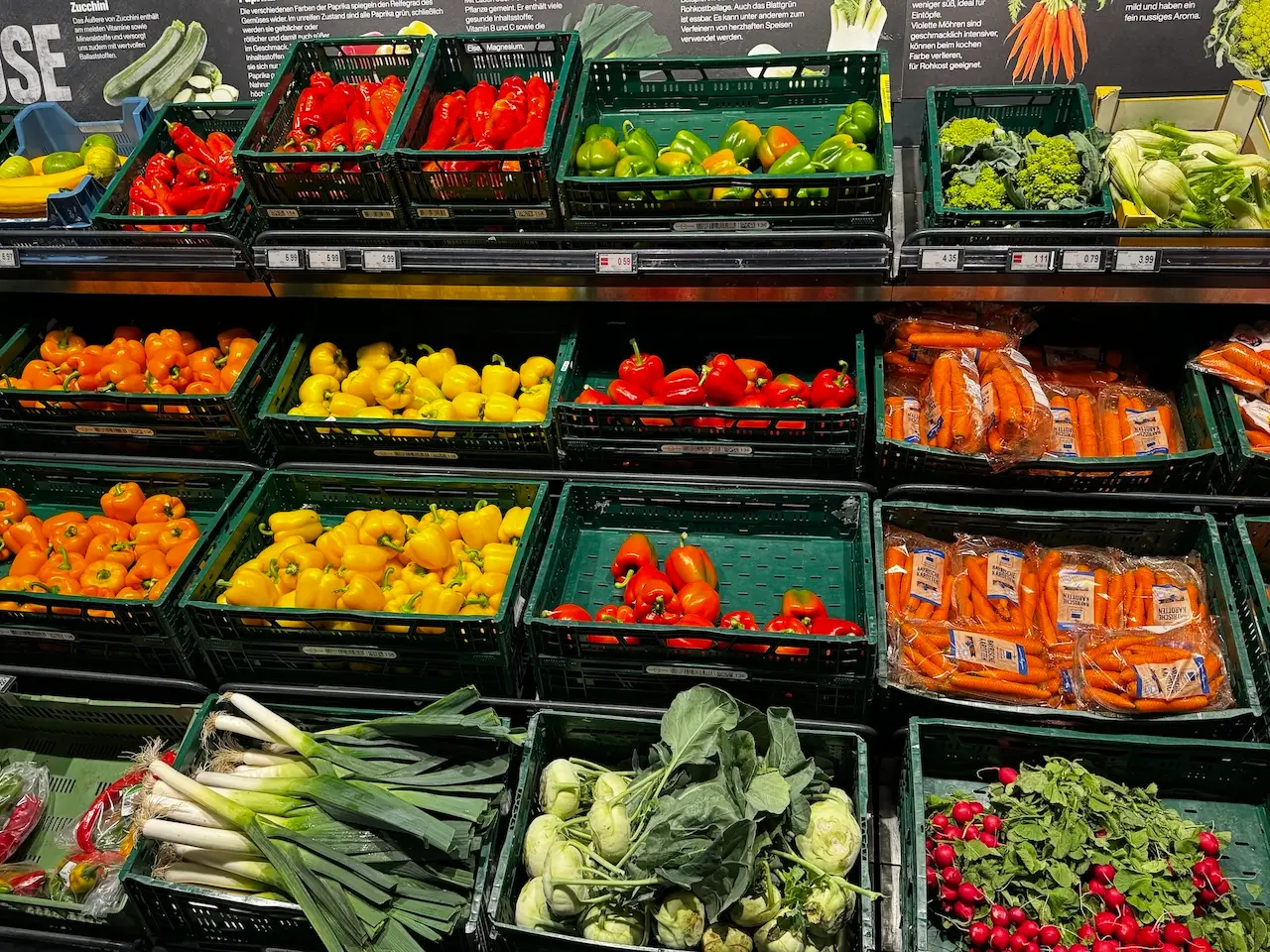China’s stimulus plan failed to meet the expectations of the investors. What’s next?
On October 8th, China’s top economic planning agency, the National Development and Reform Commission (NDRC) announced further investment plans and measures to boost the economic performance. Those “counter-cyclical” adjustments of macro policies focus on five key areas: effectively implementing the macroeconomic policy; expanding the domestic demand and spending; enlarging the support for enterprises; stabilizing the property market; and boosting the capital market.
The center piece of the plan, according to the NDRC, is to bring forward the 100 billion yuan ($14.2 billion) investment plans in the central government budget originally planned for next year and another 100 billion yuan for key strategic investment projects by the end of this year.
Before this latest policy announcement, China has released a set of measures to beef up the housing market and boost the domestic spending including cutting interest rates and reducing the minimum mortgage downpayment. But those measures are seen as too cautious and too conservative to stop the property market from declining and boost the consumer confidence.
Being an apartment owner and a potential seller, I paid special attention to the phrases used in the policy release about stabilizing the property market. From the one paragraph statement, I “deciphered” the below key points: strictly control the new housing construction projects, increase the loans for “whitelist” projects, adjust the purchase restriction policy to promote sale of the existing housing projects and lower the interest rate on stock housing loans. Some cities will completely lift the purchase restrictions which are usually linked to either household residence (Hukou) or social security contributions. Some cities will narrow the purchase restriction.
I lived in Beijing and have experienced the unimaginable real estate bubble in Beijing between 2005 and 2011 resulted from the economic stimulus plan announced in 2008-2009. The unit square meter selling price in Beijing increased more than 10 times since 2005 before the price stabilized after 2011. I remember that only one month after I sold my first apartment, the price increased another 50% – I could have sold my apartment at 3 million yuan instead of 2 million yuan. New housing projects were like the bamboos after the spring rain. The property developers were allowed to sell their projects before the ground stone was laid. Consumers queued overnight when a new project was open for sale and were prompted to buy an apartment immediately on site without seeing it in real. All those were based on a promise that the project they bought would be delivered in time and with the expectation that the price would further hike.
Since 2013 the property price was more or less stable before it went down since the Covid pandemia. It was a gradual process: Top tier cities in China like Beijing are of a special phenomenon. Among the more than 1.4 billion Chinese population, there are about 21.9 million residents in Beijing. Among them, only about 14 million possess the Beijing household residence, according to the statistics by the municipality government. Many people wish to live in Beijing. It is not unusual that fresh graduates would like to stay and work in Beijing and the parents will use the lifelong saving to buy an apartment for their kids. Because of this cultural and societal background, even though the overall property price in China began to sink since the Covid began and many high-profile property developers went bankrupt, the housing price in Beijing was relatively stable at the start of pandemia.
But after the four years of pandemia, because of the lock down measures, China’s economic status went from lukewarm to bad and then to worse. Apparently, the reason is the lack of consumer confidence. People are not willing to spend but save to ensure the security – for the case that another crisis hits or they become unemployed. The youth unemployment rate catches more attention, but people also share the view that if they are over 35 years old the new job prospect is equally dim.
My current apartment sales agent tried to remain positive and informed me each time when there was a relaxation in the housing policy in Beijing. Seen from the number of potential buyer visits and the real interest generated from the visits, and most importantly the government transaction record, the past policies simply failed to encourage people to spend and people still wait for further stimulus to upgrade their housing.

So far China has always attributed the downward economic performance to “the very complicated and severe external environment” instead of the government’s economic measures and appears to be reluctant to act decisively. For the next step, there are so far only vague hints in Chinese national media such as Xinhua, reporting that “the government is expected to roll out more reform measures conducive to economic development.” NDRC said that the commission plans to release the concrete measures for the investment plans and projects for the 200 billion yuan by end of October. If implemented well, those investments could still contribute to the 5% GDP growth target set by Beijing for the year 2024. I am also very willing to be optimistic and hope that the Communist Party of China realizes the severe situation, hears the needs of its public and the enterprises and is ready to make the belated changes to its economic policy. Though not so grand as the market expected, the current stimulus hopefully can serve as the beginning of the economic policy turnaround.
Do you want to have first-hand-information on what’s going on in China or wish to have in-depth discussions? Please do get in touch!






